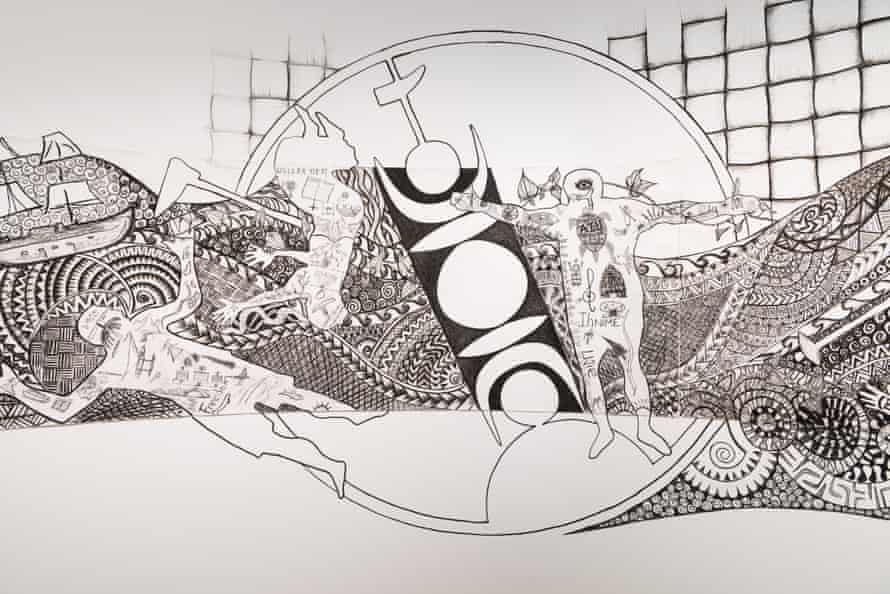When I am not present to myself,
then I am only aware of that half of me,
that mode of my being which turns outward to created things.
And then it is possible for me to lose myself among them.
And then it is possible for me to lose myself among them.
Then I no longer feel the deep secret pull of the gravitation of love
which draws my inward self toward God.
My will and my intelligence lose their command of the other faculties.
My will and my intelligence lose their command of the other faculties.
My senses, my imagination, my emotions, scatter to pursue
their various quarries all over the face of the earth.
Recollection brings them home. It brings the outward self into line
Recollection brings them home. It brings the outward self into line
with the inward spirit, and makes my whole being answer the deep
pull of love that reaches down into the mystery of God.
In order to be recollected in action,
I must not lose myself in action.
In order to keep acting,
I must not lose myself in recollection.
~ Thomas Merton
from No Man is an Island
with thanks to Love is a Place

























.jpg)











